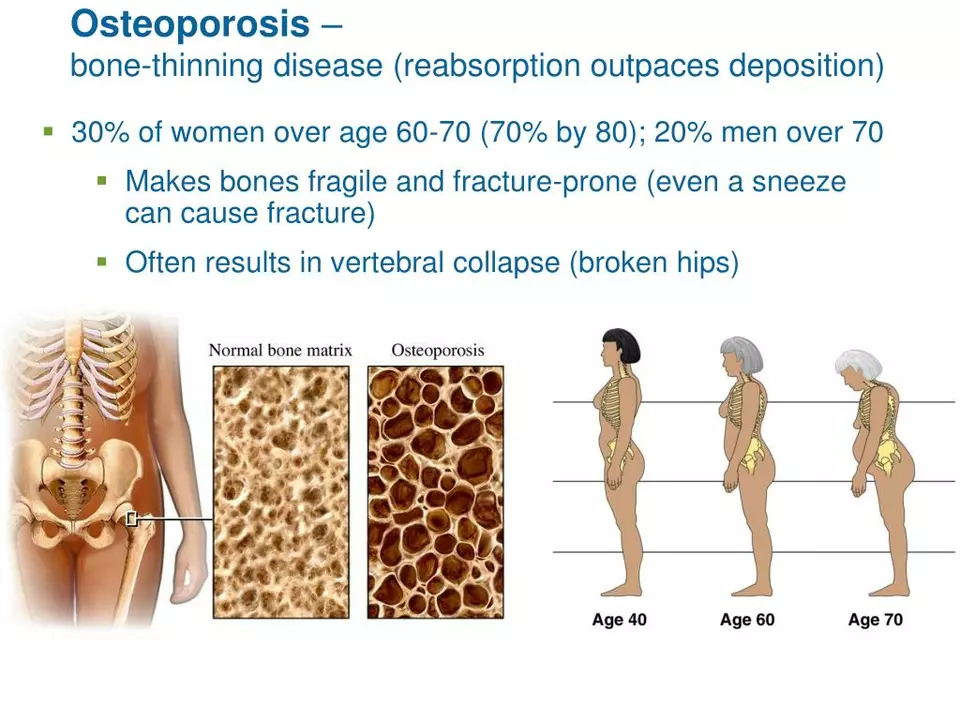Calcitonin — what you need to know right now
Here’s a quick fact that surprises people: calcitonin is a hormone that helps lower blood calcium, but most of its medical use today is as a lab marker for thyroid disease rather than a first-line treatment. If your doctor orders a calcitonin test or talks about calcitonin therapy, this page gives clear, practical info so you understand what it means for you.
When and how doctors use calcitonin
Doctors measure calcitonin in blood when they suspect medullary thyroid carcinoma (MTC). High calcitonin levels can point to MTC or, less commonly, other neuroendocrine tumors. Labs usually report a reference range, but small increases matter for thyroid specialists. If levels are clearly raised, your doctor may order imaging or refer you to an endocrinologist.
Calcitonin is also used as a treatment in a few situations. Nasal sprays or injections of synthetic calcitonin can ease bone pain from osteoporosis or lower very high blood calcium (hypercalcemia) short term. However, newer drugs often work better, so calcitonin therapy is less common than it used to be.
How to read test results and what affects them
A single mildly elevated calcitonin level doesn’t always mean cancer. Smoking, certain medications, kidney disease, and other tumors can raise calcitonin. Levels that rise over time or are much higher than the lab range are more suspicious. Some labs use stimulation tests (like pentagastrin or calcium) to provoke calcitonin release and help clarify results; those are done by specialists.
Low calcitonin is normal and not a health problem by itself. The test is most useful when paired with thyroid imaging and other blood tests, not as a lone screen for general health.
When calcitonin is used as a drug, it comes as a nasal spray or injection. Common doses and schedules vary by condition, so follow your prescriber’s instructions. The nasal spray is often used for osteoporosis-related bone pain, while injections may be chosen for short-term control of very high calcium.
Side effects are usually mild but worth knowing. Nasal spray can irritate the nose, cause runny nose or flushing. Injections may cause nausea, flushing, or local discomfort. There’s been some concern about long-term cancer risk in animals with high doses, so doctors avoid long-term calcitonin unless benefits outweigh risks.
Quick tips: tell your doctor if you smoke, take proton pump inhibitors, or have kidney problems before testing. If you get a borderline high result, ask about repeat testing and referral to an endocrinologist. If you’re prescribed calcitonin, ask what goals the drug should meet and for how long.
Want more details or related articles? Check the linked posts on this site to learn about thyroid markers, osteoporosis options, and treatment choices. If you have worrying symptoms, contact your provider — tests and early answers make a difference.






